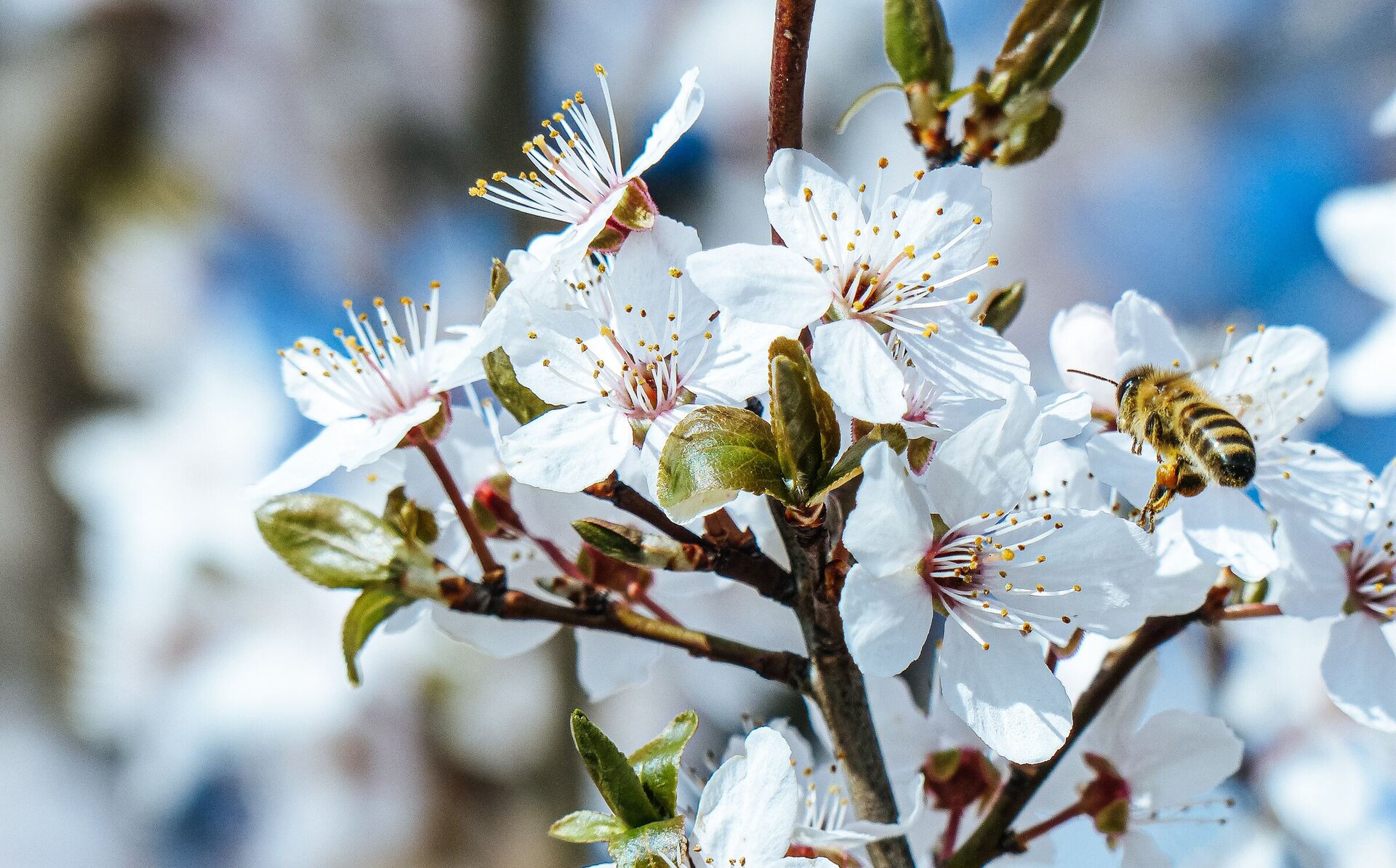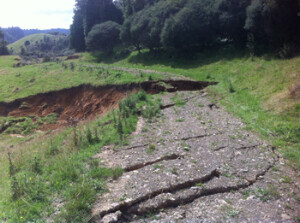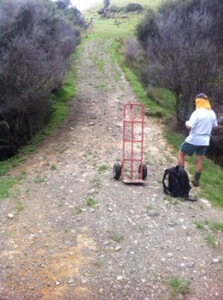The track collapsed in many areas
You may have heard that honey harvests were poor this season. It is fair to say we had a pretty shocking season. We have harvested about two thirds less honey that we would normally harvest. The Waikato was hit the hardest. Apiary sites that we would typically harvest about 50 boxes of honey from, we harvested just 2-4 boxes. So I'm afraid to say we will not have these honeys available this year - Horsham Downs, Four Brothers, Hakarimata (apart from the batch from last season we still have in stock) and Kirikiriroa.
The good news is that it was a reasonable season at Marokopa so we have Marokopa Spring and Marokopa Manuka and will shortly have Marokopa Summer available. The Marokopa Summer and Marokopa Manuka honeys didn't come easy as there was a freak weather event in Marokopa that swept a huge amout of water through the valley and there were several slips on the sheep station we have our hives on. A lot of the farm tracks collapsed so it made it very tricky getting the honey out, but we did it!
Why Such A Bad Season?
The variable weather at the end of last year and early this year have interrupted the honey flow, and added to this was the severe weather patterns (storms, cyclones,) and then extreme heat. Bees can't fly in strong winds or rain so during those times the bees stay in the hive, therefore reducing their nectar collecting time. The severe weather can strip flowers from trees/plants leaving less flowers for the bees to forage on as well.
The very wet spring appears to have affected clover flowering and nectar production. Even though you may have seen clover flowers this summer, little nectar was produced. Very hot weather can burn summer crops and honey flow virtually stops. The bees end up gathering water, instead of nectar, to try and cool down the hives.
Despite the challenges the bees have come out of the season very healthy and strong, they just haven’t been able to collect a surplus this year. With the season officially over, some of our bees have been treated to a late nectar flow which will keep them going over the winter quite nicely.
Walking up to check the hives and move by trolly if needed.








